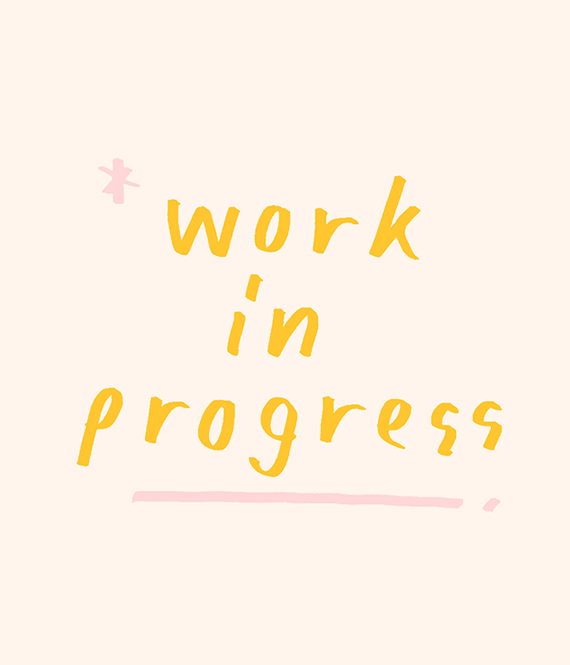
How to Navigate Menopause While Pursuing Career Goals
We recommend helpful products in our articles. Read our full disclosure here. The content on this website is not intended to be a substitute for professional advice, diagnosis, or treatment.
Menopause is a time of transition for many women.
It is exciting and empowering but can also be challenging and uncomfortable.
The symptoms of menopause vary from woman to woman ranging from physical to emotional signs.
The most common symptoms include hot flashes, night sweats, mood swings, sleep problems, vaginal dryness (which can cause pain during sex), and headaches.
Many women struggle with these symptoms while balancing work and family obligations.
But there are ways to manage them, such as daily menopause supplement, lifestyle changes, and coping strategies so you can stay focused on your career goals during this transition!
In this article, we will discuss how you can navigate menopause as you pursue your career goals.
Balancing Work and Menopause
There’s no doubt that menopause is a challenging phase for a lot of women.
They need to balance work with the physical and emotional symptoms brought about by this phase in their lives.
However, by implementing specific strategies, you can manage these symptoms while making progress in your career, and making the best out of it!
One strategy is to work closely with your healthcare provider.
They will help you find suitable treatment options for your symptoms.
Hormonal therapy, for example, can help alleviate hot flashes and other symptoms.
Additionally, lifestyle changes can also help improve your overall well-being.
This includes regular exercise and a healthy diet.
Another strategy is to be flexible with your work schedule.
For example, if you are experiencing fatigue or mood swings, you may need to adjust your work schedule.
This will allow you time for more rest and self-care.
Lastly, it’s important to remember that menopause is a normal part of life.
Amidst this, taking care of your mental and emotional well-being is essential.
To manage this phase, there are many resources available to help you.
It’s common to feel overwhelmed and anxious.
But it is so important to take the time to practice self-care techniques that will promote wellness!
The Impact of Menopause on Mental Health
The relationship between menopause and mental health is complex and multifaceted.
Menopause can bring about a variety of physical and emotional symptoms.
These symptoms can contribute to feelings of depression and anxiety.
It’s essential to be aware of the potential impact of menopause on mental health.
This will help you take steps to maintain good mental health.
It is also important to remember that there are many different ways you can manage your symptoms.
However, don’t be afraid to try something new if your current strategy isn’t working!
Tips for Staying Focused and Energized
The physical and emotional symptoms caused by menopause makes it challenging to stay focused and energized at work.
However, there are several tips to help you keep up:
- Maintain a healthy lifestyle by eating a well-balanced diet.
Try getting regular exercise and enough sleep.
Fruits, vegetables, and lean protein boost energy levels and improve focus.
Regular exercise can help improve sleep and reduce stress.
Lastly, natural perimenopause supplements may be helpful in addition to a healthy diet.
- Try to stay hydrated by drinking plenty of water throughout the day.
Dehydration can cause fatigue and make it harder to focus.
- Try to manage stress levels by practicing stress-reduction techniques.
This includes meditation, yoga, or deep breathing.
Stress can contribute to fatigue and make it harder to focus.
- Consider using a standing desk or taking regular breaks.
Practice standing up and stretching during the workday.
Sitting for long periods can cause fatigue and make it harder to focus.
- If you are experiencing symptoms impacting your working ability, seek help.
Healthcare professionals give various hormone therapy options.
These treatments can help manage symptoms of menopause.
The Role of Exercise and Nutrition
As you go through menopause, keeping up with your exercise and nutrition is essential.
Exercise can help with physical and mental symptoms.
It can also help with sleep, which is often disrupted during menopause.
One way to do this is by finding an exercise routine you enjoy and can stick to.
This could include activities like walking, cycling, swimming, or dancing.
Aim for at least 150 minutes of moderate-intensity aerobic activity per week.
This is also equivalent to 75 minutes of vigorous activity per week.
Incorporating strength training exercises into your routine is vital.
They can help maintain your muscle mass and bone density as these two decrease during menopause.
Lastly, a balanced diet is also crucial during menopause.
Hormonal changes lead to weight gain and an increased risk of chronic diseases.
Eating a diet rich in fruits, vegetables, and whole grains can help maintain a healthy weight.
At the same time, they are reducing the risk of chronic diseases and improving overall well-being.
Building a Support System for Menopause and Career Goals
Building a support system is one of the most important steps you can take to navigate menopause.
Support system will help you go through the challenges of menopause and achieve your career goals.
Menopause can bring a host of physical and emotional symptoms.
These can make it difficult to focus on work.
Additionally, the societal stigma about menopause can make it hard to work.
Creating a support system begins with finding a trusted healthcare provider.
One who can help you manage your symptoms.
Someone who will also guide you in choosing hormone therapy and other treatment options that will suit your needs.
It’s also important to have emotional support.
This can come from a therapist, coach, or a close friend or family member you can confide in.
They can help you navigate the changes that come with menopause and provide you with sound advice for your career goals.
It’s also essential to build a support system in your workplace.
This can include seeking a mentor who can guide you in navigating career challenges.
Furthermore, joining a menopause support group can also be helpful.
It can provide a space to share experiences and learn from others going through similar challenges.
Find a networking group of like-minded women who can provide camaraderie and inspiration.
Takeaway
Menopause is a time of change, but it’s also a time of opportunity.
You can use your menopausal years to build your career, or you can use them to start one from scratch.
The choice is yours!
You need to be prepared for some challenges along the way, and then you’ll be ready to take on whatever comes next.
Remember that you’re not alone.
So many women have been through this before you, and more will come after you.
You’re not unique or different because of your experience with menopause.
It’s just one more thing that makes you uniquely yourself!
"We love to research problems, examine studies, analyze solutions, and share with you ideas that make life healthier. You can learn about us and our editorial standards here. Have suggestions or feedback to share? Send us a message!."













Leave a Comment